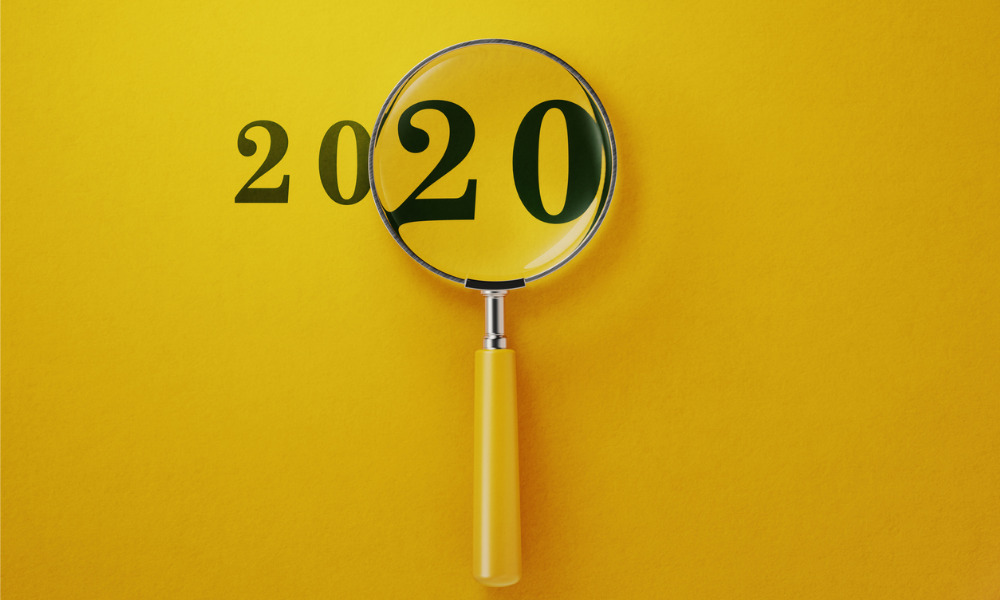
‘If any one country knows how to bounce back, it is us,’ New Zealand’s prime minister said

After staying COVID-free for more than a hundred days, New Zealand’s biggest city is back in lockdown as officials try to contain an outbreak involving at least 100 people.
Auckland is on Alert Level 3 until Sunday, while the rest of the country is on Level 2.
New cases emerged after people began taking public transit and resumed activity in places such as shopping centres and churches.
“If it weren’t for level three, this cluster would be exponential, of that I have no doubt,” Prime Minister Jacinda Ardern said in a news conference announcing the alert level.
“This is a contained cluster – but it is our biggest one. And that means the tail will be long, and the cases will keep coming for a while to come,” she said.
Read more: COVID-19 response 'better' in countries led by women: study
In the early months of the pandemic, Ardern was among a number of female state leaders who earned international praise for their COVID-19 crisis response.
Despite the new outbreak, however, the prime minister remains hopeful that the country would again recover as it had done so in recent months.
“If any one country knows how to bounce back, it is us,” she said, recounting how 2020 has been a tough year for New Zealand.
“It’s been a hard year for Christchurch, who has fresh reminders of that this week. It’s been a hard year for Auckland. It’s been a hard year for drought-stricken and flood-ridden parts of the country,” she said. “If it feels hard right now, it’s because it is.”
“But let’s also remember – in a world where 2020 has frankly been terrible – we are strong, we have been kind and we are doing really well,” the prime minister said.
Auckland on Alert Level 3
Businesses in Auckland have remained open during this period, provided they “manage and mitigate” the threat of COVID-19 transmission, as part of their health and safety obligations, the Ministry of Business, Innovation and Employment advises.
With social distancing measures strictly enforced, however, establishments that require close physical contact between employees and customers may be asked to shut down temporarily.
In addition to these protocols, “most people will not be allowed to travel across the Auckland regional boundary for work, even if their workplace is operating,” the ministry said.
Read more: COVID-19 crisis management: Life after lockdown
Infectious disease experts believe imposing the lockdown is the best way to combat COVID-19.
“There are almost certainly still active, unidentified cases in the community with the potential to spark new outbreaks if we relax too soon,” Professor Michael Plank of Te Pūnaha Matatini told The Guardian.
“The extra four days at Level 3 will give us a better chance of containing this cluster. We should also remember there is still a risk of the outbreak spreading outside Auckland,” Professor Plank said.
Microbiologist Siouxsie Wiles called the lockdown a “pragmatic” solution. “The last thing we want is to miss some cases that then turn into further community transmission,” Wiles said.
Scott Wilson, an employment law expert at Duncan Cotterill who recently spoke to HRD, predicts the COVID-19 crisis will also lead to a change in mindset across organisations.
“Both employers and staff will be more vigilant about health and safety, and there will be little tolerance for staff turning up to work sick,” Wilson said.
“Workplaces may need to be flexible in how they manage sick leave entitlements given the limited entitlements enjoyed by employees. Active health monitoring and screening are likely to be a feature of many workplaces for years to come,” he told HRD.